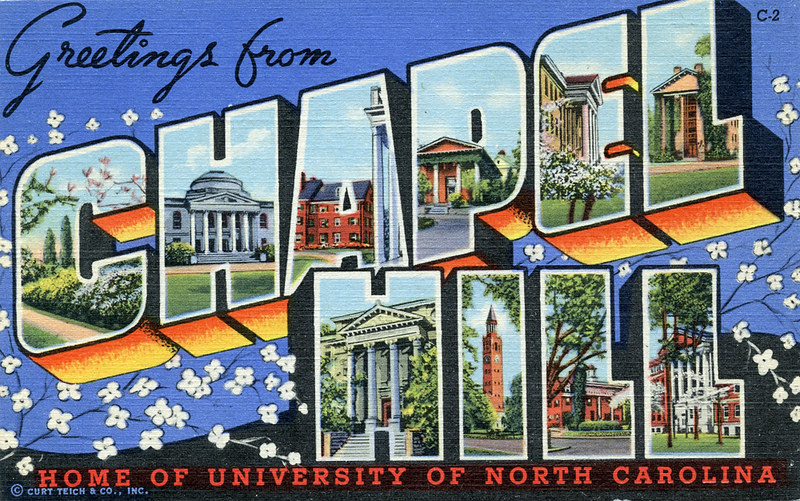I moved to Chapel Hill in 2017 from Pittsburgh after receiving a great new job offer. My family and I rented for two years and then we bought a house.
We chose to live in Chapel Hill because of the amenities. The schools are great for our kids, the library is amazing, the park system is wonderful for my morning walks, and there is enough of a downtown between Chapel Hill and Carrboro to have a couple of favorite restaurants depending on what strikes our mood — be it a good burger and fries at Buns, a really nice dinner at Tandem or beers with buddies at Steel String. It does not hurt that there is great soccer to see during the fall.
This amenity package is desirable. It is also expensive.
The rent on our first condo here was almost three times what we paid for our mortgage and carrying costs in suburban Pittsburgh for about the same square footage in a town whose primary source of historical employment – a coke works for the declining steel industry – had closed two decades ago.
The Pittsburgh region is a great spot to live and raise a family but over my lifetime the city itself has shrunk by half, and the entire metro region has slowly lost population over 40 years. Housing is cheap in Pittsburgh because demand is weak and there are few outsiders coming into the region.
We’re part of a regional economy
That is not the case in the Raleigh-Durham-Chapel Hill metropolitan cluster. We’re growing. And we are likely to continue to grow. This region has a good combination of highly educated populations, intense agglomeration economies of scale in a few key industries, available land, decent infrastructure, good weather, and better barbecue. This is an attractive endowment of factors for growth. And this growth is going to happen no matter what we do in Chapel Hill.
We are part of a regional economy. People who have jobs and a reason to be in the Raleigh-Durham-Chapel Hill metropolitan cluster have lots of options. This is especially true for people who don’t have strong ties to the region and can seek out a particular amenity and price intersection instead of trying to balance the amenities that they want with the type of house that they want while looking to stay within a ten to fifteen minute trip to the grandparents.
People can look for single family suburbia in Cary, or they can be hip and with-it in downtown Durham or Raleigh, or they can trade far fewer amenities for more land and bigger houses at a lower price point in western Chatham County or unincorporated portions of Orange and Alamance County. Or people can buy high services, great schools, higher taxes in Chapel Hill and Carrboro.
As thousands of new households emigrate into the Triangle, they have to live somewhere. As long as the Chapel Hill amenity package is pretty attractive to a decent number of folks and there is a limited supply of housing, people will bid up both rents and sales prices. Higher sales prices are transfers to incumbent owners who are selling. Higher rents are accumulations for the owners of capital. Higher rents also flow through the entire market. If a new set of apartments have higher rents, soon other apartment buildings will increase their rents. This will displace households that were just able to make things work under their old, lower rents, but now can’t.
Chapel Hill is an amazing place to live. I love it here. But we are part of a large, and growing region. Pretending that we are not merely by not increasing our housing stock of all types of housing just means that we are pricing out our current neighbors and never meeting our future neighbors who want to live in Chapel Hill and enjoy our amenity package but can afford neither the rent nor the mortgage.
We need local solutions to the good challenges of living in an economically vibrant area. And a key part of that local solution is building more housing.

